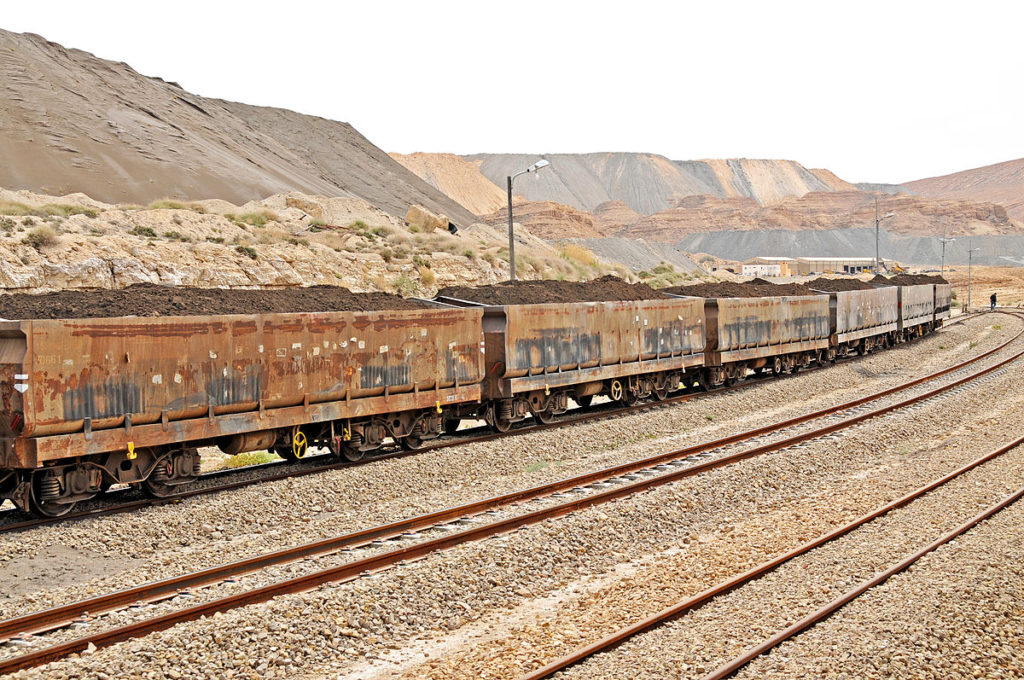Tunisia targets doubling phosphate output as economy languishes

Tunisia seeks to double phosphate output by 2024 as the economically troubled North African nation sees a boost in revenue from the global surge in food and fertilizer prices.
Reaching the target of 8 million tons in the next two years, up from 3.9 million in 2021, would raise production to levels Tunisia hasn’t experienced since before its Arab Spring uprising more than a decade ago. Sporadic political unrest and labor and management disputes have stymied the extraction that’s been an important source of foreign currency.
“We are offering partnerships on phosphates with neighboring countries,” Mining and Energy Minister Neila Nouira Gongi said in an interview on the sidelines of a mining conference in Riyadh, Saudi Arabia. Talks are also underway with Algeria on fertilizer projects, which “could be in the form of investments or exchanging experience,” she said.
Tunisia, which seeks to produce 5 million tons this year from state-run operations, joins nearby Morocco and Egypt in currently driving the global supply outlook for phosphates, according to Bloomberg Intelligence. A ban on exports from swing supplier China in the first half of 2022 is sending its typical customers elsewhere, potentially benefiting North Africa.
The government in Tunis needs the revenue, with an economy battered by the pandemic and hobbled by a lingering political crisis that’s stalled decision-making. Authorities have said they expect a long-awaited agreement on a rescue package with the International Monetary Fund in the first quarter of 2022.
Fuel ‘adjustment’
A deal with the Washington-based lender may depend on Tunisia enacting sweeping but controversial economic reforms, including cutting the public wage bill and subsidies. The government, which has pledged to remove some support for fuel prices this year, is now studying the best time to start the plan that will involve a 3% monthly rise in some petroleum products, Gongi said.
“You see oil prices today continue to rise, the oil price was changed in the budget from $40 to $80 a barrel,” the minister said. “So this had to be reflected. There has to be an adjustment in fuel prices, even if it’s just partial.”
(By Salma El Wardany)
{{ commodity.name }}
{{ post.title }}
{{ post.date }}




Comments